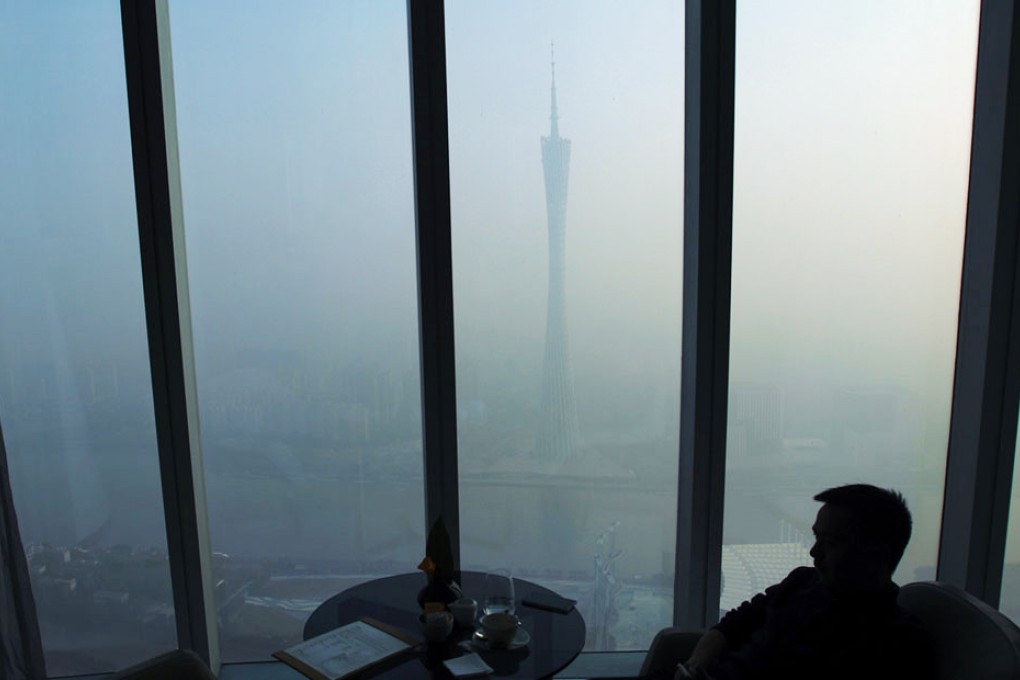Hong Kong-funded pollution reports on Guangdong kept from public
Province blocks full disclosure of Hong Kong-funded pollution surveys

Two Hong Kong-funded air pollution studies in the Pearl River Delta region have not been fully disclosed to the public because Guangdong authorities object to releasing "confidential information" in them, the Hong Kong government has admitted.

Costing HK$10 million each, both studies were completed and filed to the commissioning body, the Environmental Protection Department, in June 2011.
But it was only in May this year that the department quietly uploaded the summary reports, of 11 and 15 pages, to its website.
The reports provided the scientific basis for setting new cross-border targets in emission cuts for next year and 2020, and for enhancing an air-quality monitoring network, a department spokesman said.
But Hong Kong had a binding agreement with Guangdong not to release the reports, which contained unspecified sensitive information, he said.